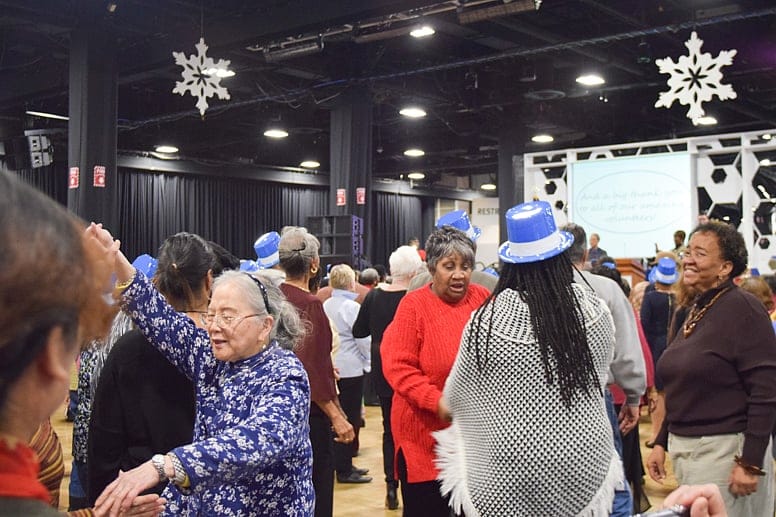Report highlights challenges for Boston’s elders

BOSTON – A divide separates older Bostonians from younger city residents in terms of access, while there are also distinct differences in needs between those in late middle age and those past 70, according to a report released Thursday by the Commission on the Affairs of the Elderly.
Other major concerns outlined in the report by older residents include insufficient availability of affordable housing and unsatisfactory access to quality health care and social services. The report described access as a critical issue, because it can limit the ability of elders to take advantage of programs and other offerings.

